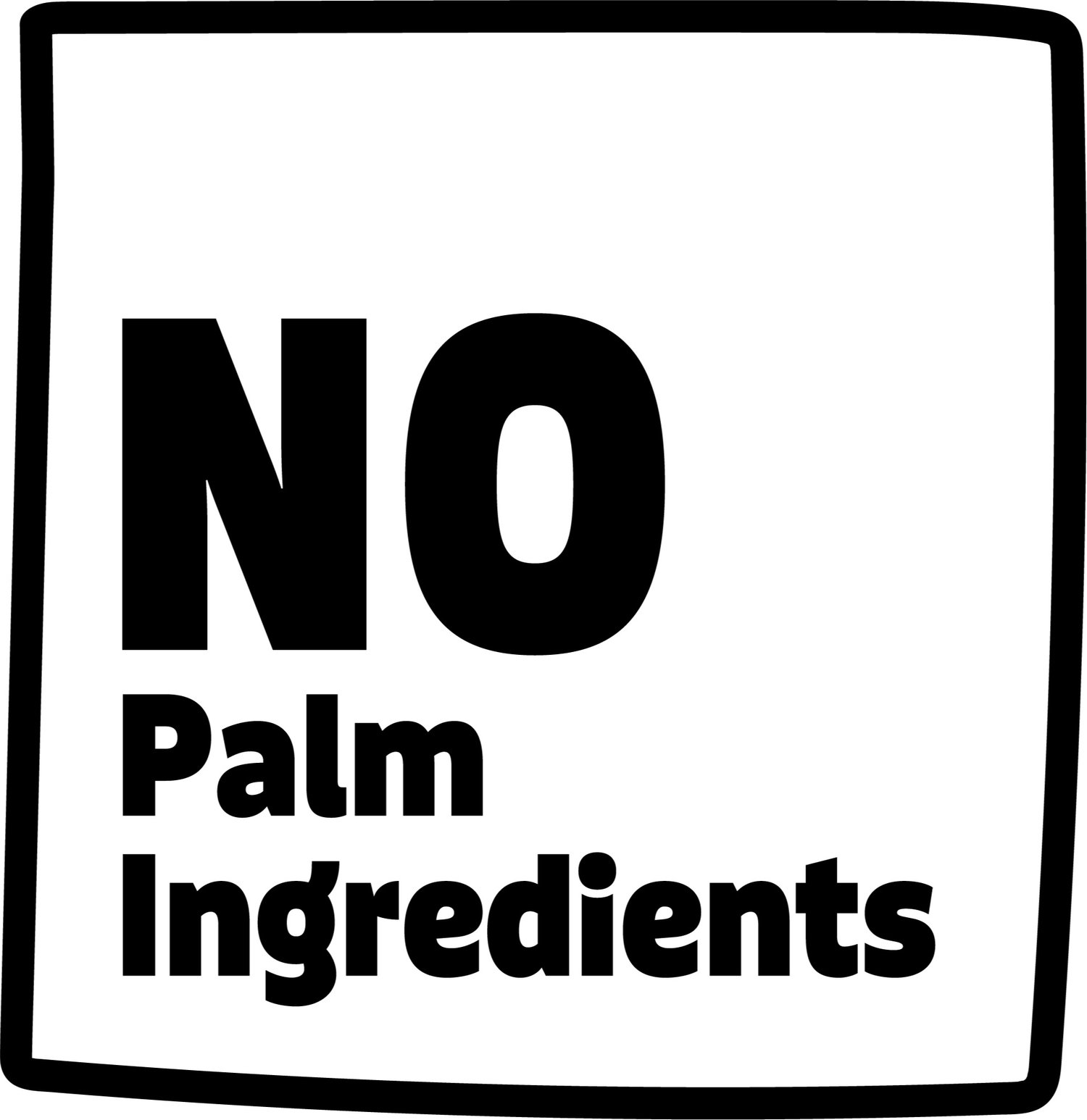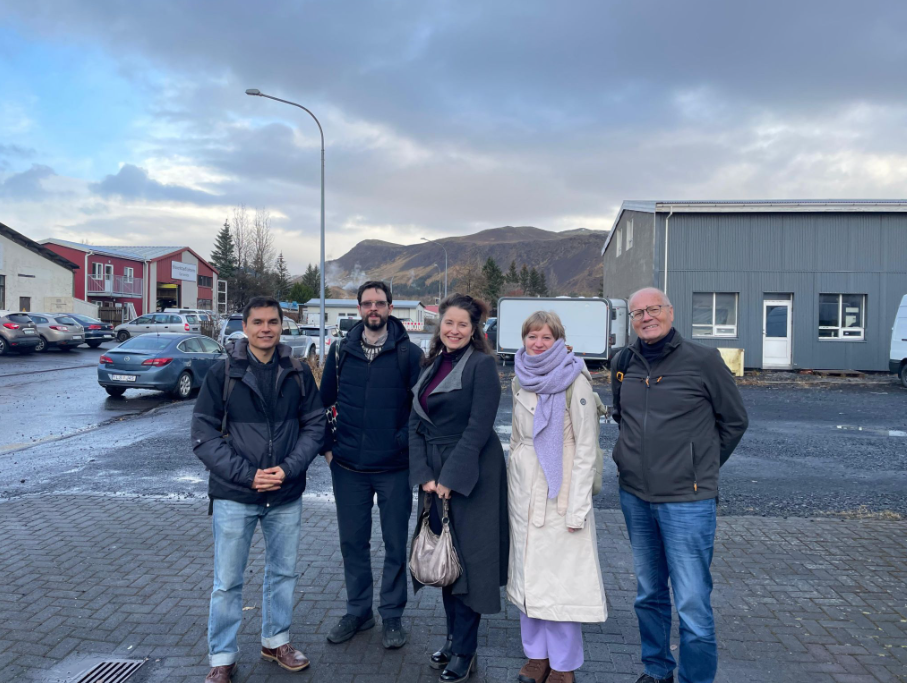3 Key Learnings from the PALM+ Project: From Food Applications to Market Insights
What happens when we unite the knowledge and creativity of food industry experts? In 2023, Eurostars launched the PALM+ project to answer that exact question. Over two and a half years, we collaborated with visionary partners across Europe to explore how fermentation-based fats can transform the food industry.
Together with Flecks Brauhaus Technik, we explored cost-efficient yet effective fermentation equipment. With Those Vegan Cowboys and Loki Foods, we developed and tested food products using our fermentation-based fat. And with Iceland University, we uncovered how both consumers and business experts perceive these alternatives.
This project is proof of Europe’s innovative power for more sustainable food systems. Discover in this article how alternative fats can be used in concrete, sustainable food applications.
Collaboration with Flecks Brauhaus Technik: Can cost-efficient brewing systems support fermentation-based fat production?
An important part of NPI's proposal is to deliver competitive selling prices, which requires, among others, smart equipment choices that use available technology and existing facilities.
Flecks Brauhaus Technik understood our needs and identified the key features that make standard brewing vessels suitable for use as fermentation tanks, perfectly aligned with our process. They ensured the tanks provide a stable environment while remaining cost-efficient.
“This project shows how important creativity and collaboration are to unlock cost-effective solutions. By combining efficient systems with existing brewing equipment, we achieved the conditions needed for our fermentation, without heavy investment.” - Jeroen Hugenholtz, CTO
Food Applications with Those Vegan Cowboys and Loki Foods: How Did the Plant-Based Camembert and Fish Taste?
Our ingredients are designed to integrate seamlessly into existing formulations, and their technical performance is proven.
Both dairy and meat alternatives require a fat component alongside protein ingredients. Those Vegan Cowboys and Loki Foods are experts in producing their own delicious food products, with a primary focus on the protein fraction. This created the perfect opportunity for NoPalm Ingredients to step in and also include a sustainable solution for the fat phase.
By working closely with these partners, we gained insights into the technical properties of fat ingredients that are essential for their performance in specific products, such as animal-free camembert and a plant-based fish alternative.
“Through genuine vertical integration, working with experts of their fields, this remarkable consortium allowed us to see our yeast-based fats be applied in delicious, accomplished products like an amazing animal-free camembert and delicious Icelandic fish balls, all while gathering learnings in every step.” Carlos Garay, Processing Scientist.
But what about taste? We can confirm: our fat delivers the creaminess and mouthfeel consumers want, without compromise.
Acceptance Study with University of Iceland: Are You Ready for Our Fermentation-Based Oil?
Palm oil is under more scrutiny than ever, and so food and cosmetic markets are actively searching for sustainable alternatives that reduce environmental and social impact. But a critical question remains: will businesses and consumers embrace a palm oil alternative made with yeast instead of trees?
The consumer acceptance study revealed encouraging results: yes, they will, with conditions. There should be clear communication about safety, environmental benefits, and product performance. This study also included in-depth conversations with industry experts. Companies showed they want credible, proven solutions, and consumers expect transparency. Overall, acceptance depends on clear communication about safety, sustainability, and sensory neutrality.
Key insights
Supply chain resilience and consumer demand are strong motivators, but regulatory approval, production scalability, and consistent quality are essential considerations for businesses.
Certifications matter: Sustainability labels build trust for both companies and consumers. Skepticism about greenwashing remains high.
Positive consumer sentiment: Yeast oil was consistently preferred over palm oil, especially when linked to natural ingredients and eco-certifications.
Broad acceptance: Both food and cosmetics showed strong interest, with slightly higher enthusiasm among younger, sustainability-minded consumers, but no major demographic barriers.
The takeaway
Yeast oil holds real promise as a viable palm oil alternative, and success lies in how we communicate.
“It’s exciting to see that both oil-utilizing industries and consumers are ready for real change and open to using yeast oil because of the responsible and sustainable benefits it offers.” Jeroen Hugenholtz, CTO.






